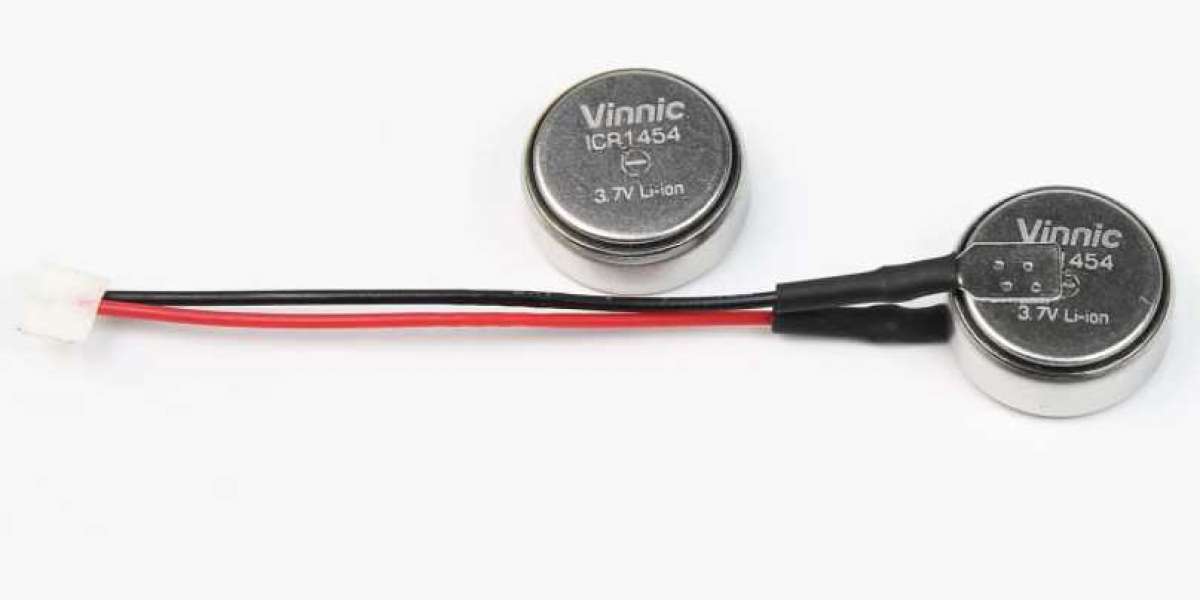Recently, there have been many reports about the explosion of mobile phone batteries, which has also caused public concern and anxiety. So why do cell phone batteries explode? How likely is it to appear? How to avoid this from happening?
Lithium-ion batteries are lighter, cheaper, and have higher energy density than other battery technologies and have become the predominant form of rechargeable batteries today, used in everything from cell phones to laptops . But this battery has a problem, in some extreme cases, it can catch fire and explode.
The reason why lithium-ion batteries tend to explode is due to a process called "thermal runaway". Essentially, "thermal runaway" is an energetic positive feedback loop process: increased temperature causes the system to heat up, which in turn makes the system hotter.

Reasons for lithium-ion battery explosion:
There are many reasons for thermal runaway of lithium-ion batteries. For example, when the two ends of a lithium-ion battery are connected by conductors, the tearing of the film that separates the cathode and anode of the lithium-ion battery will cause a short circuit, and the short circuit will often cause thermal collapse. The reasons for the lithium-ion battery fire also include: the ambient temperature exceeds 60 ℃, frequent overcharging, physical damage, etc. Whatever the reason, it's the cobalt oxide chemical in the battery that's going through this reaction. If you heat this chemical to a certain temperature, it starts to heat itself, and it develops into fire and explosion.
How to avoid lithium-ion battery explosion:
Compared with the early lithium-ion battery, the current lithium-ion battery has been improved and perfected many times, and its performance in terms of safety performance is still very reliable, as long as we ensure that it can be carried out in a normal environment during daily use. Correct operation, then the possibility of lithium-ion battery problems is minimal.
The lithium-ion battery doesn't have a long lifespan, typically two to three years (whether you use it or not). Therefore, all lithium-ion battery packs should be replaced every 36 months or so;
Pay attention to avoid physical damage to the lithium-ion battery, because physical damage may cause a short circuit inside the battery;
When the battery is stored alone, it should be insulated, and the metal contact end of the battery should be kept away from any metal, such as keys, etc., and a relatively common sealed plastic bag can be used to place the battery;
If the ambient temperature is too low or too high, it will cause permanent damage to the lithium battery, so try to avoid using the lithium-ion battery in a harsh environment. It should also be avoided that the mobile phone battery is exposed to rain or water to avoid short circuit;
Although most of the current digital products, their internal charging circuits will be equipped with corresponding protection measures to avoid overcharging the lithium-ion battery, but for the sake of insurance, we should avoid connecting the lithium-ion battery to the charger for a long time.


